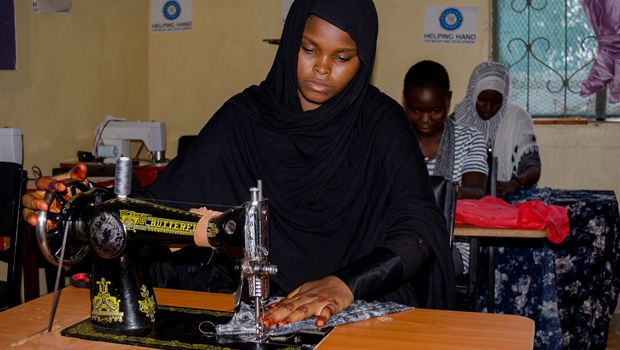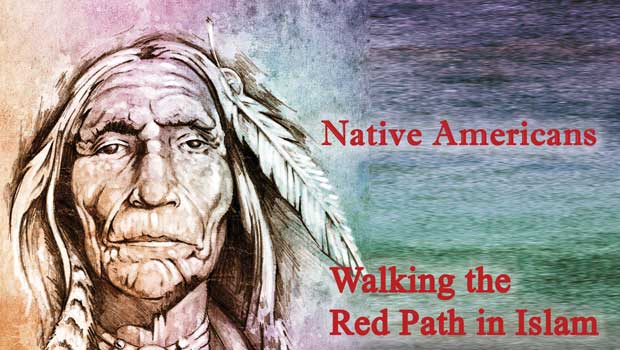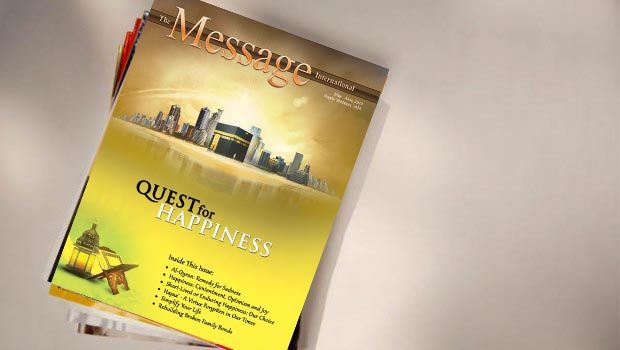People are suffering everywhere in the world today. The suffering of the people of Africa, however, is perhaps the worst, due to both natural and man-made disasters. Poverty, illiteracy, political and ethnic conflicts, drought, famine, epidemics—by any count or measure, the suffering of the people of Africa is beyond description and imagination. The challenges facing this continent, therefore, are daunting, and the responsibility of the rest of the humanity toward the African situation is inescapable.
What exactly is the scenario of suffering in Africa today? Beyond the well-known fact that Africa has the highest proportion of population in extreme poverty is the reality of the worst drought in 60 years, according to the United Nations, which is affecting at least 10 million people in the Horn of Africa. Some areas are suffering famine and, at the same time, enduring rising food prices. Countries such as Ethiopia, Kenya, Somalia, Uganda, and Djibouti have been affected the most. Then there are other, just as pernicious, perennial problems. For example, 200,000 child slaves are sold every year in Africa. There are an estimated 8,000 female child slaves in West Africa alone (sources: BBC 5 October, 2001 and the Anti-Slavery Society, a British organization committed to the worldwide abolition of slavery). About 12 to 14 million African children have been orphaned by HIV/AIDS (source: World Bank/UNICEF). Nearly 2 million children under 14 years of age are HIV positive (source: UNICEF). A startling 43 percent of children in Sub-Saharan Africa do not have safe, accessible drinking water (source: UNICEF); and 64 percent of children in Sub-Saharan Africa do not have adequate sanitation (source: UNICEF). Four million people are still food-insecure in Somalia alone, and 3.7 million Somalis are in desperate need of health care (source: United Nations). The list of problems goes on and on.
If you are not merciful to people, Allah will not be merciful to you
What should be the role of Muslims, then, toward the suffering of their African brothers and sisters? Is there any justification for us to be indifferent? The answer is absolutely “No”! This moral consciousness galvanizes countless numbers of Muslim individuals and many Muslim charitable organizations, such as Helping Hand for Relief & Development. They are providing great services for distressed humanity all over the world, including Africa. We commend their services and as a gesture of appreciation, we have provided some coverage on the programs and services of HHRD in Africa in this issue of The Message International. We hope this will inspire many others to contribute to the efforts in whatever way they can.
The issues that cause or exacerbate the suffering in Africa cannot be ignored. How can we, the Muslim community in other parts of the world, turn a blind eye while all over Africa there are children being orphaned at a rate that history has never seen before? In Qur’an, in Surah Al-Fajr, Allah SWT calls to the people of ignorance who claim to adhere to a religion that brings them close to Allah: “No indeed! You do not treat the orphans with respect nor do you urge one another the feeding of the poor and you devour the whole of inheritance greedily, and you love wealth with all your hearts” (Al-Quran 89:17-20). The Qur’an also describes a scene from the Day of Judgment in which the righteous people in their heavenly Gardens ask those who are being engulfed by the fires of Hell what the reasons are for their punishment. Among the reasons cited are neglecting the rights and needs of the poor, allowing people to suffer with hunger or thirst, lack of shelter, or other adversity, and turning callously away from those afflicted and miserable human beings. Indeed, the moral mandate of Islam requires that a Muslim be kind, charitable, and merciful to his/her fellow human beings. Love for God veritably entails loving and serving humanity.
The Qur’an further reminds us, saying: “You cannot attain to righteousness unless you spend (in charity) out of what you love” (Surah Al-Imran, 3:92). In other words, there is no piety without charity. Prophet Muhammad (pbuh) also exhorted: “The highest level of the intellect, after belief in God, is to be of service to the creation.”
It should be mentioned that foremost among God’s attributes are mercy and compassion (in Arabic, Rahman and Rahim). The Qur’an declares that “God has enjoined upon Himself (the rule of) rahmah” (6:12). The root meaning of Rahman and Rahim is “womb” which characterizes a place where something is formed, nourished, and protected. The family is a place where human ties are formed and nourished and protected, whether a single family unit or the entire human family. Indeed, our local and global human ties must be characterized by the compassion that Allah SWT enjoins upon Himself and us.
One of the practical purposes of fasting during the month of Ramadan is “to help one empathize with the hunger pangs of those less fortunate, to enhance sensitivity to the suffering of others, and to develop compassion for the poor and destitute.”
Prophet Muhammad (pbuh) is referred to by the Qur’an as the Mercy to the world (21:107); and in one of his sayings, the Prophet (pbuh) warned the believers: “If you are not merciful to people, Allah will not be merciful to you.” May Allah SWT guide us and help us to be mindful and dutiful toward hapless humanity.





